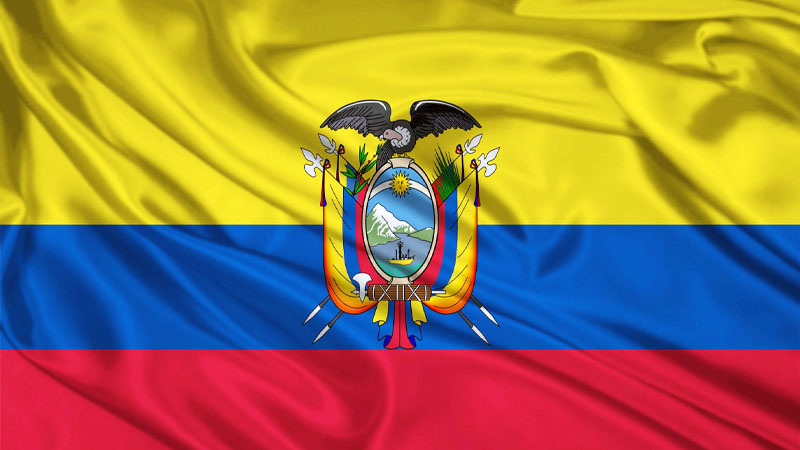Exclusive content

The recent diplomatic rift between Ecuador and Mexico has spilled over into the realm of commerce, raising questions about the fate of a potential Free Trade Agreement (FTA) between the two nations. With tensions simmering since Ecuador’s controversial move to apprehend former vice president Jorge Glas within the Mexican embassy premises, the trade negotiation process has hit a stalemate, leaving key sectors like shrimp and bananas hanging in the balance.
The Stakes for Ecuador: Shrimp and Bananas at the Forefront
Experts unanimously agree that any trade pact between Ecuador and Mexico must include its flagship exports: shrimp and bananas. Francisco Rivadeneira, former Minister of Foreign Trade, emphasizes the strategic importance of these products for Ecuador’s export-driven economy. With Mexico holding a significant trade deficit, excluding these commodities from the negotiation table could further skew the balance unfavorably for Ecuador.
While acknowledging the significance of the Mexican market, it’s noted that both shrimp and bananas boast diverse export destinations globally. For instance, China stands as the primary market for Ecuadorian shrimp, while the European Union remains a substantial consumer of Ecuadorian bananas. This diversification underscores the resilience of Ecuador’s export sector beyond any single bilateral agreement.
Negotiation Hurdles and Political Decisions
Despite efforts to include shrimp and bananas in the negotiation process, political decisions, notably by Mexican President Andrés Manuel López Obrador, have stalled progress. AMLO’s stance reflects a protectionist approach, hindering Ecuador’s aspirations for balanced trade relations. Until there’s a shift in Mexico’s leadership or policy direction, the prospects for a comprehensive FTA remain uncertain.
While acknowledging the challenges, some remain optimistic about the potential for a favorable agreement with Mexico. Iván Ontaneda, former minister and industry representative, sees openness from the Mexican side as a positive sign. However, he cautions that a resolution to the current diplomatic impasse is paramount before resuming negotiations.